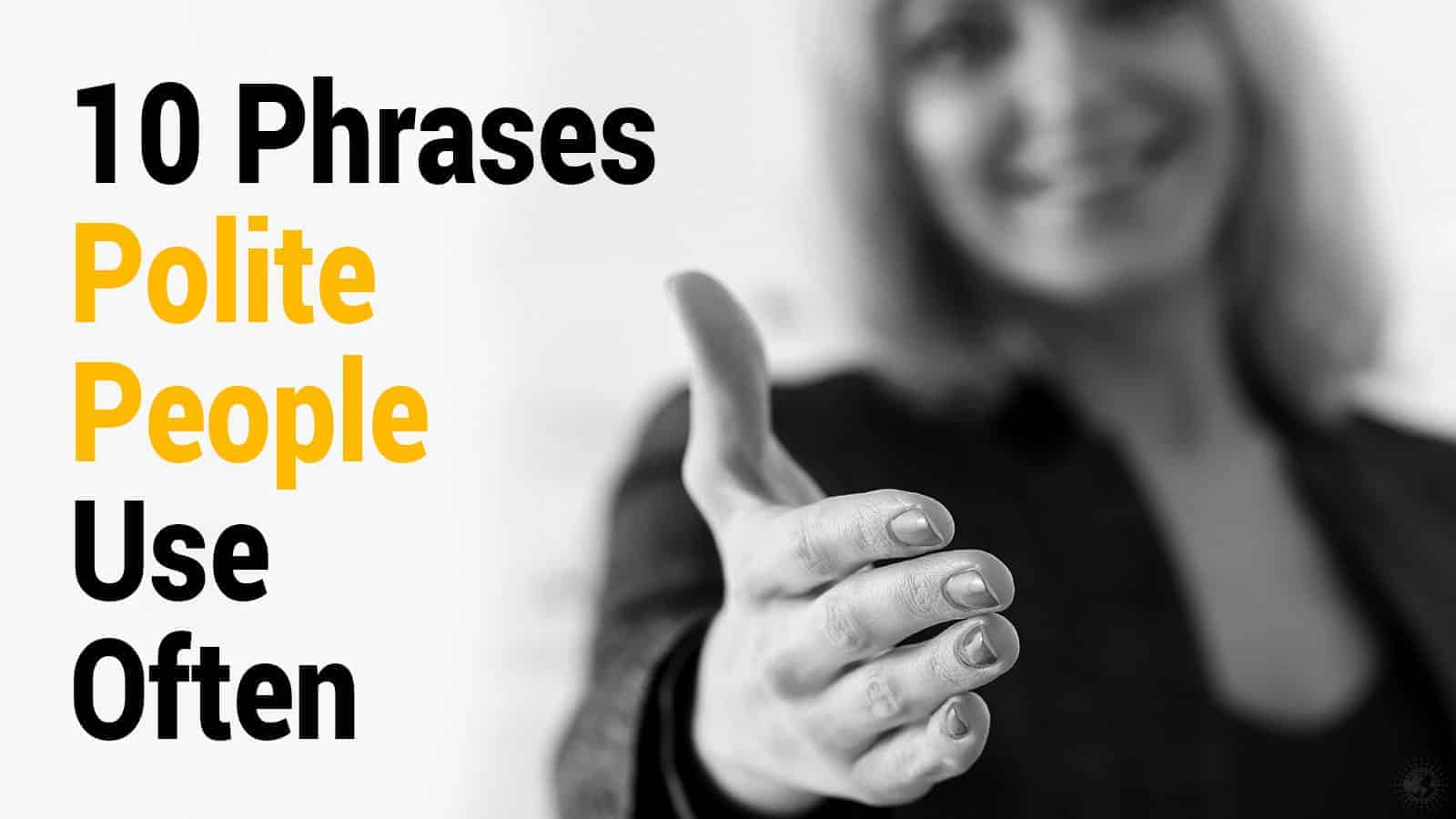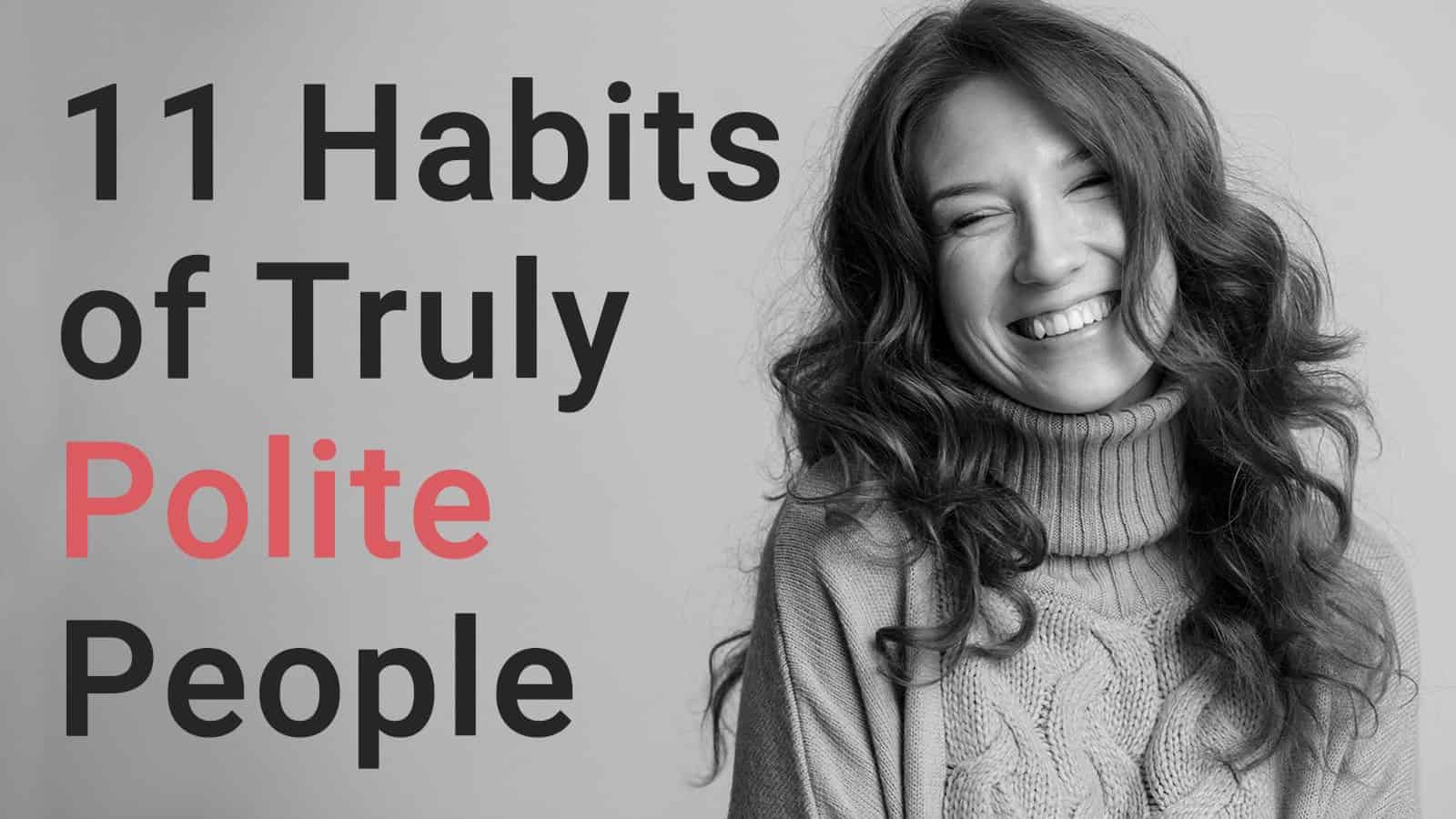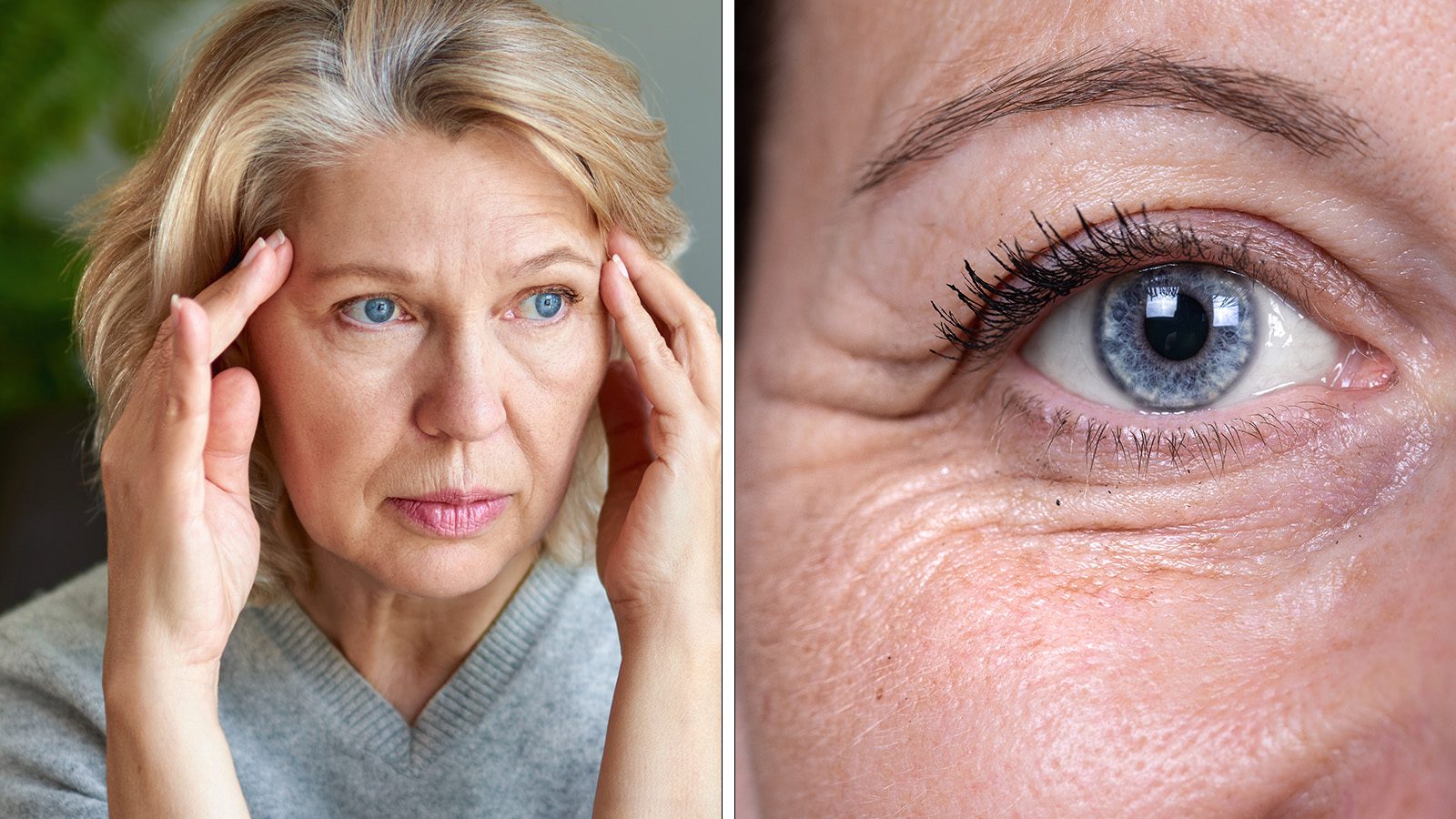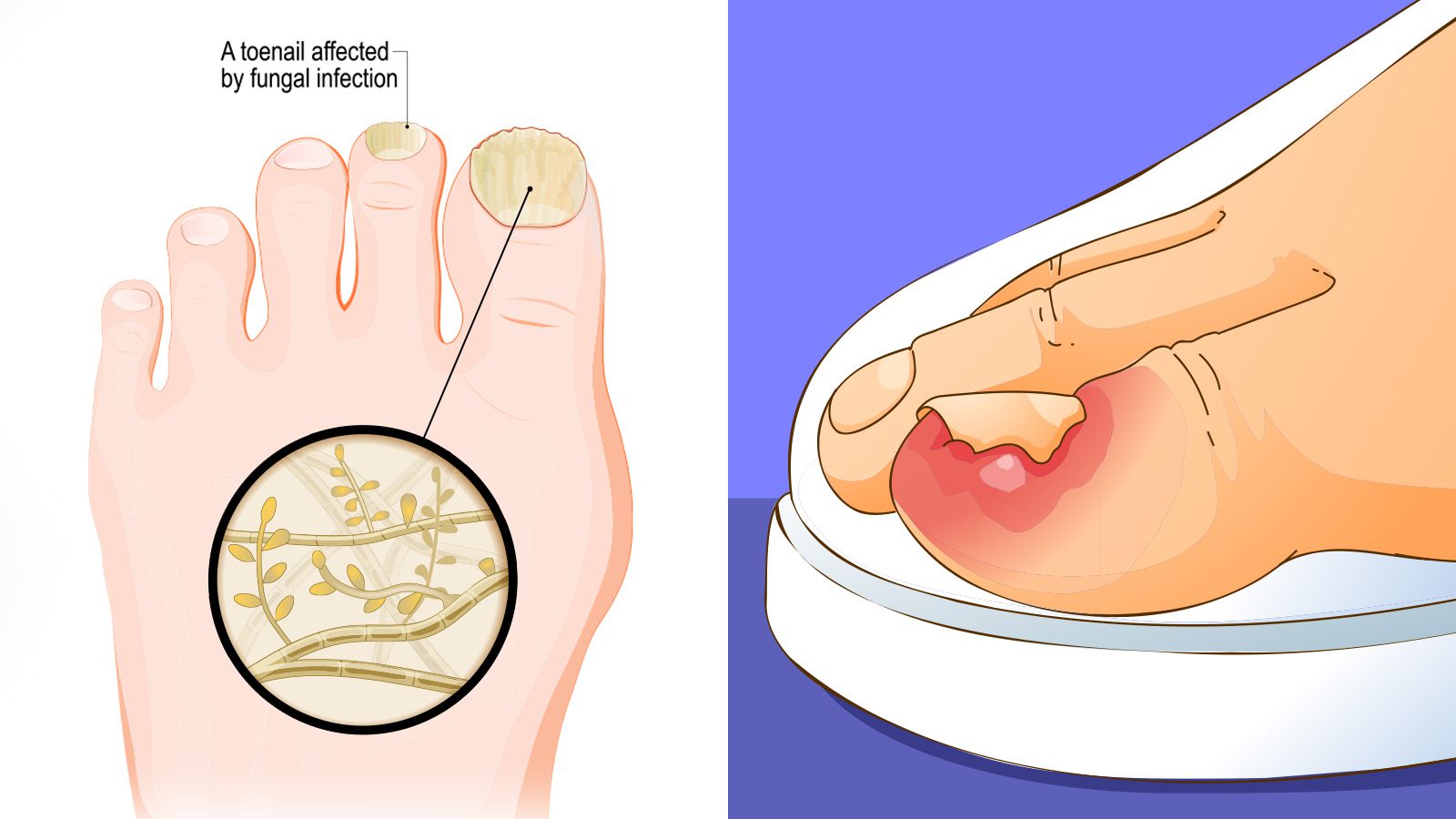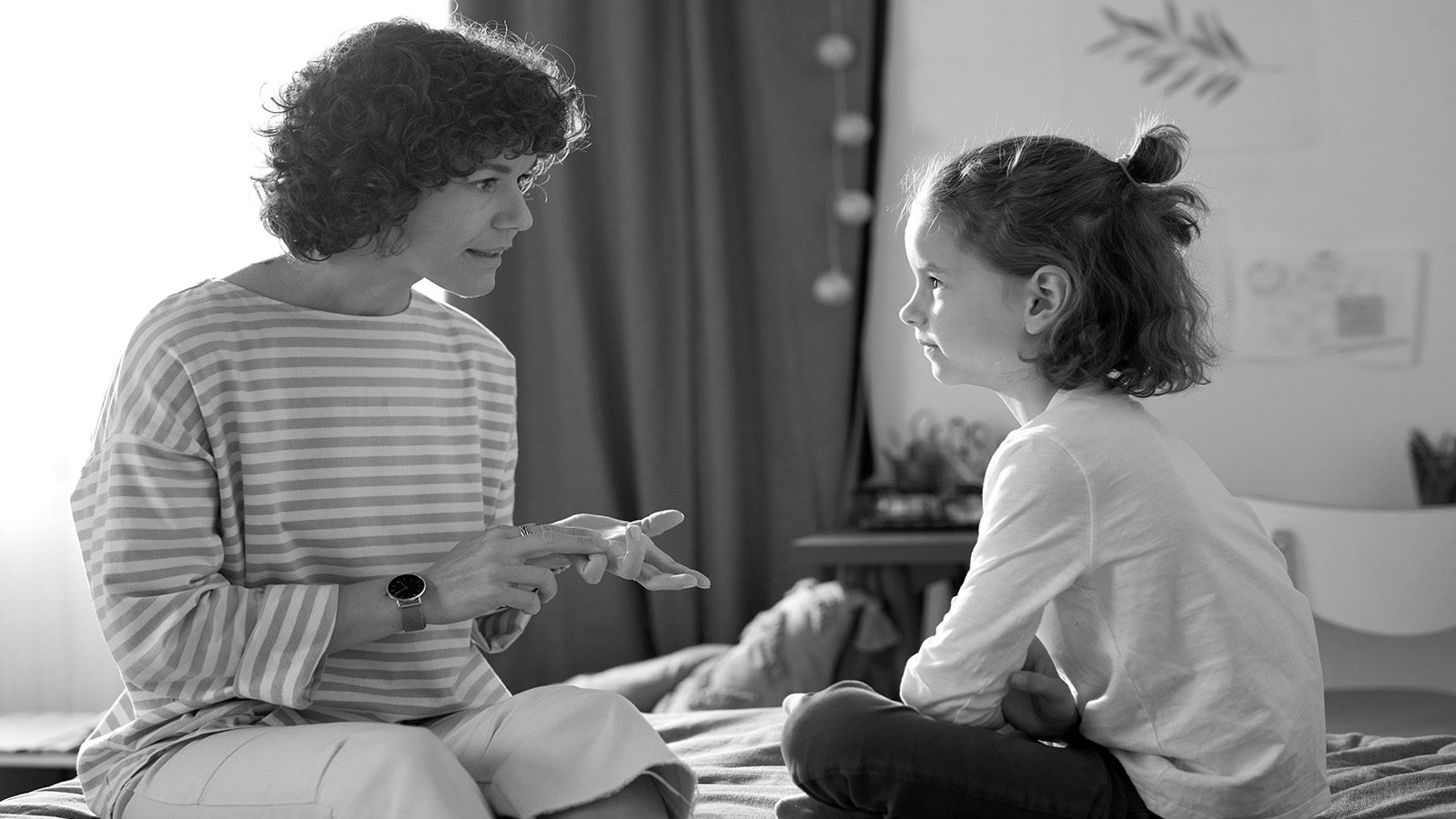Politeness is very underrated. It creates better interactions. It helps diffuse awkward or tense situations. Being polite shows others that you are mature and capable. And, most importantly, it’s simply good manners – something we all need to practice in our everyday lives.
For many of us, politeness is taught in school or at home, but for others, it is necessary to learn – or re-learn – this habit in other ways. A good place to start is by using phrases and words that polite individuals often exercise in their vocabularies.
Here Are 10 Phrases Polite People Use Often
1. “Pardon” or “Excuse me”
There are plenty of situations where you may need to excuse yourself or ask for pardon. Plenty of varieties of “excuse me” can be used in a variety of situations. To expand on which ones to use in what situations, here are some common similar phrases:
· “Pardon?”
Did someone say something you didn’t quite catch? Instead of asking “What?” or just nodding and pretending you heard, say “Pardon?”
You can even expand on it: “Pardon, could you please repeat that?” or “Pardon, I didn’t catch that.” It’s simply polite, and it’s good manners!
· “Excuse me.”
This phrase is likely used the most often. That’s because it has so many uses! You can use it to:
- Excuse yourself from a situation or location
- To ask for a clear passage through a crowded location, or if someone is blocking your way
- Get the attention of someone
- Transition into an urgent topic
- As an apology for invading someone’s personal space
· “Pardon me.”
This phrase can be used just like “excuse me,” but it’s much more formal. As such, you can use it at fancy events, when you’re speaking to someone in a higher position of authority or other similar situations.
You can also use this phrase to excuse yourself in a more graceful way when you need to get out of an awkward situation. It adds an air of elegance to what you’re saying, allowing you to exit the area in a more dignified way.
2. “Please”
“Please” is one of the first polite terms that most of us learn, whether from our parents or in kindergarten. That’s because it’s easily the most used of all the phrases you may need, and it instantly softens any sentence. For example, consider:
- “Let me pass,” versus, “Could you please let me through?”
- “Get your stuff off the table,” versus, “Please move your things from the table.”
- “Keep it down!” versus, “Please be quiet!”
- “Lend me your pen,” versus, “May I please borrow your pen?”
When you use the word “please,” you change the tone of whatever you say next. You go from sounding demanding and insolent to polite and friendly. It can work wonders for you. On top of that, it’s just basic good manners – so don’t be afraid to pepper your requests with that positive word! (1)
3. “Could you give me a moment?”
Being busy means you can’t attend to everyone right away. Sometimes someone comes up to you and unknowingly interrupts something you’re doing, and you need to hold them off until you’re ready to give them your attention. You have a few options here:
- Option 1: Try and multitask. However, this might cause you to look like you’re ignoring the person in question.
- Option 2: Tell them to wait, causing you to come off as rude.
- Option 3: Ask them politely to wait until you’re done.
The obvious, most positive option is the third one. Ask them to give you a moment or, if you’re particularly busy or it’s just a bad time, let them know with one of these phrases:
- “Sorry, I’m a little wrapped up now. Could we pick this up later?”
- “Pardon me, but this isn’t the best time. Maybe we can talk about this later?”
- “Could you please give me (insert length of time here) to finish this up?”
You can also use this phrase when you need to excuse yourself for any reason for a short amount of time.
4. “Thank you”
Remember how we said “please” is one of the first polite things you ever learn to say? “Thank you” is right up there next to it. It’s not just good manners, but it’s also scientifically proven to provide benefits to you and those around you.
The act of giving and receiving gratitude has a very powerful psychological effect on the body and mind. It increases positive thinking and helps provide a healthier worldview, both for the receiver and the giver. (2)
This phrase isn’t only for polite people. Make it a habit to say “thank you” for more things, including those that are “expected” or normal. Acknowledge the little things that others are doing which benefit you. For example, you should say this phrase when:
- A waiter gives you your food or drink
- Your partner makes you coffee
- Someone gives you a compliment
- A person waits for you when you’re running late
- Someone confides in you
- You receive constructive criticism
5. “What do you think about …”
It’s easy to get caught up in talking all about yourself. As such, sometimes you probably forget to ask for other people’s opinions. Your perspectives are the only ones you really, truly know, and it can be difficult to remember that others likely see things very differently.
So, the next time you’re wrapped up in a discussion, ask the person next to you what their opinion is. If you’re in a big group, direct this question at the person who has gotten the least chance to contribute to the conversation.
Not only is this simply polite, but it can boost the positive thinking of the other person. It also shows that you care about what others have to say. In the process, you’ll get to expand your mind and horizons, too!
6. “I would prefer it if …”
If you’re in a position where you wind up reviewing someone else’s work or efforts, or if you’re giving feedback on something, it’s easy to get up onto a pedestal. You might automatically begin talking down to the person, especially if you don’t like what they’re doing.
Instead of criticizing harshly with phrases like “I don’t like this,” or “This is bad,” soften the blow with gentle honesty. Use phrases like:
- “I would prefer it if …”
- “I’m not fond of …”
- “To be quite honest with you, I’d rather …”
- “I’m not a big fan of …”
Remember, we’re not telling you to lie to spare someone else’s feelings! The trick is in being tactful. When you’re polite, the person receiving the criticism will react in a more positive way, and you’ll be more productive overall.
7. “You’re welcome”
Sometimes, you’ll be the one on the receiving end of a polite “Thank you.” In that situation, it’s simply good manners to respond with “You’re welcome” or “My pleasure.” If you don’t use those phrases, you can turn a positive interaction awkward.
There is some controversy surrounding the statement “No problem,” as some older experts believe that it sounds dismissive. However, an equal amount of experts recognize this as a new response phrase by the younger generation that indicates that the grateful person should not feel guilty for what they received.
It’s up to you whether you use “No problem” or not, but to be safe, “You’re welcome” is always an accepted and universally understood form of acknowledgment.
8. “I’m afraid that I disagree.”
Everyone is different, and you’re going to disagree with lots of people in your lifetime. Respectfully debating is a different issue altogether – but what if someone is totally wrong, and you know it?
Calling them out rudely is likely to make you look like a mean person. As such, you’ll want to use more tactful sentences, such as:
- “I’m afraid that I disagree.”
- “I don’t think that’s quite right.”
- “Actually, if I remember correctly …”
- “I think you may be mistaken.”
These more humble phrases allow you to correct the other person in a more polite manner. Plus, there’s still a chance that you’re wrong, too – and in that case, you’ll want to have been as nice as possible, or risk your overconfident statements biting back at you!
9. “Hello” or “Good Morning/Afternoon/Evening”
Greeting the people you’re acquainted with when you see them can seem unnecessary, but it’s a great, positive habit to have. Just a quick, easy greeting works wonders, it helps to break the ice between you and those you’re not too familiar with, and it may brighten someone’s day. (3)
If you like, you can also give a simple, fast greeting to strangers you make eye contact with, those you wind up riding with in an elevator, or people you sit next to on public transport. This can turn an awkward interaction into something more friendly. You don’t even need to use a verbal greeting – a smile and a nod work well, too.
10. “Is there any way that I can help?”
Is someone you know having a hard time? Have they confided in you about something serious? Did you find out that someone you know is going through a difficult loss?
It’s hard to know what to do and say to help someone else. Sometimes, the best thing you can do is to ask if you can help them. This is a compassionate act that can make a big difference, showing that you care and are going out of your way to being of assistance.
Even better, if there’s something you know that you can do for them, ask if they would like that. It can take a big burden off of someone’s shoulders and show them the kindness they need to weather the storm. Just make sure that you are genuinely ready to help!
Final Thoughts On Some Phrases Polite People Use Often
Being polite is free, but it does take a little practice. Luckily, there’s no shortage of phrases that polite people very commonly use on a daily basis. You can replicate these phrases in your own life as you get used to them.
Politeness is a learned behavior, and there is no shame in realizing that you need more of that trait in your mind. After all, we’re all human, and we all learn and grow every single day. It’s never too late to start learning to be polite, so get started with these 10 phrases polite people use often!

